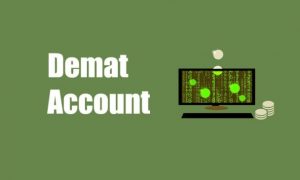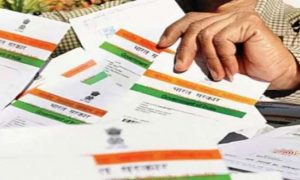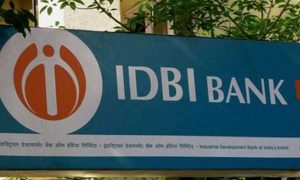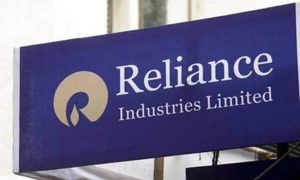By Chirag Nangia
As working from home has become the new norm, many people have relocated to their hometowns leaving their rental accommodations. Many tenants have re-negotiated rents or have requested for waiver of the same. This has given rise to many tax related issues.
Tax consequence of waiver, failure to pay rent
The ‘annual value’ of a let-out property is deemed to be the sum for which the property might be expected to be let out from year to year (i.e., market rate) or the actual rent received whichever is higher. Many tenants have requested their landlords to either waive or reduce the rent. So, how would the waiver affect tax liability?
In the current situation, in case of full/ partial waiver of rent, difficulty arises as to what should be the comparative fair rental value—market rent prevalent before the outbreak of the pandemic or after. Rationally, lower rental values existing post lockdown ought to be considered as fair rent. Therefore, if rent is partially waived on an ongoing basis then the same would be in line with the prevalent market rates, determinative of the annual value. Separately, a complete waiver for a few months, would not make any difference as the comparison is of ‘annual’ rent.
Further, the Act provides that unrealised rent shall not form part of the actual rent received or receivable. However, this provision is operational where the defaulting tenant has vacated the premises or steps have been taken to compel him to vacate the same. The landlord must have taken all reasonable steps to institute legal proceedings for recovery of unpaid rent or should have satisfied the assessing officer that legal action would be useless. These conditions are not functional in the current circumstances, with the force majeure clause being in force.
Tax effect of vacancy of rented accommodation
The law stipulates that where the property was left vacant during the whole or any part of the financial year, due to which, the landlord may have received less than expected rent, then only the actual amount would be brought to tax, even if the same is less than fair rent. The property cannot be said to be ‘vacant’ if the same is merely ‘not in use’. Temporary vacancy due to the tenant’s discretion of not using it would not entail any tax consequence and the rent in respect of the same would still be ‘receivable’ by the landlord, thus taxable.
Likewise, if the owner merely allows the tenant to pay the rent/ part of it at a later point, he would still be liable to tax on the entire annual rental income as the same is still ‘receivable’ during the year, even though delayed.
The government has not yet considered the tax impact of the lockdown measures on rental income. It is expected that by next year, at the time of reporting the income for the current fiscal, the government will introduce measures to alleviate such issues. For instance, it may impose tax only on actual rent received for the current year irrespective of fair rental value or may do away with the condition of initiation of legal proceedings in case of vacancy.





































